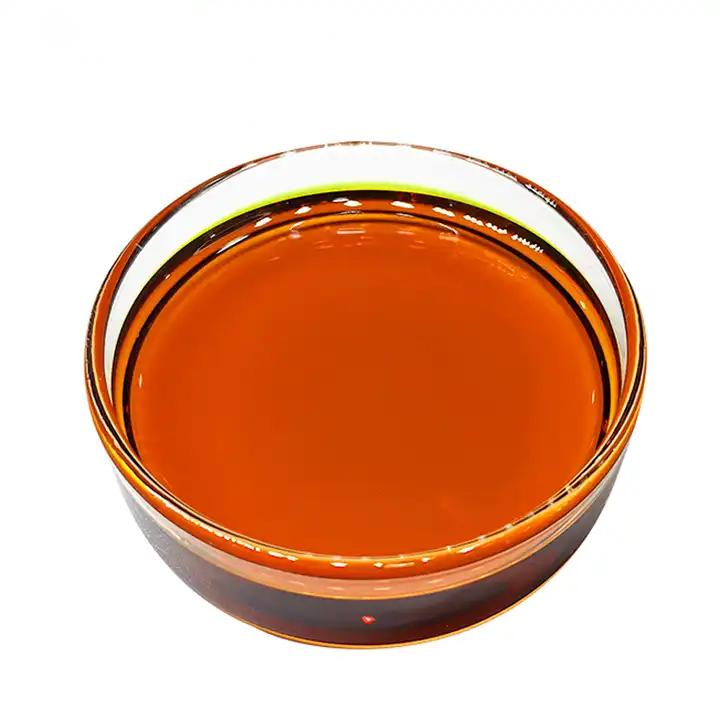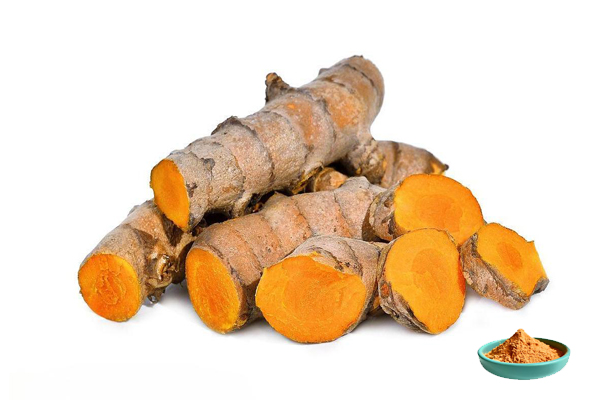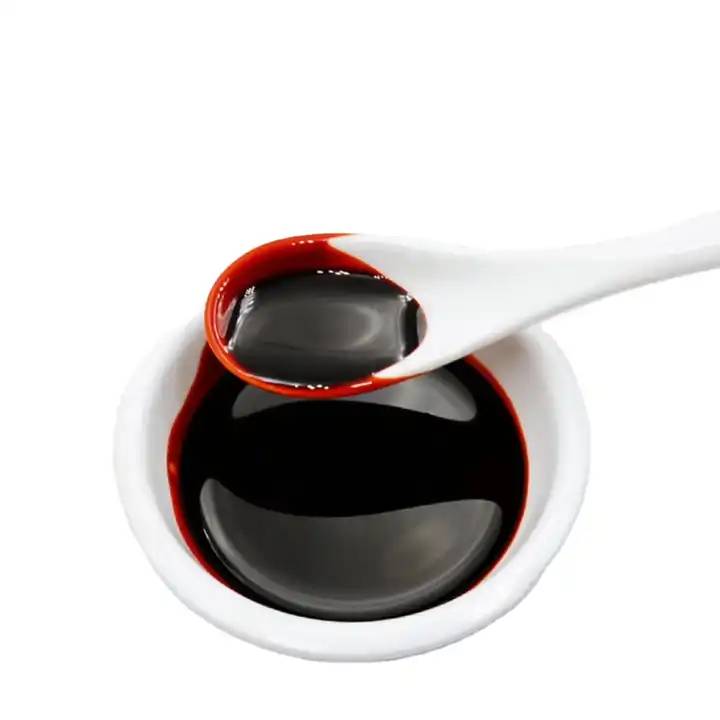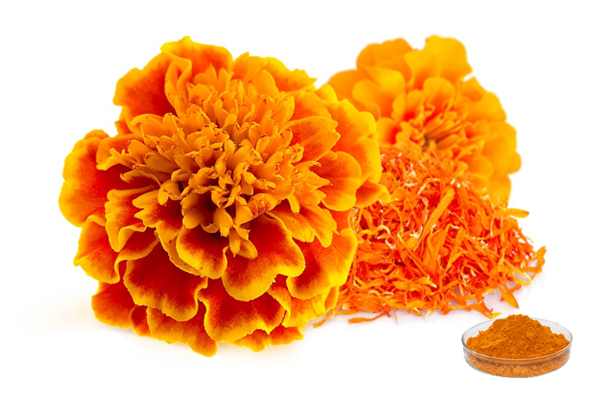Aceite de betacaroteno al 10% para la piel
Nombre del producto: aceite de betacaroteno al 10% para la piel
Ensayo :10%
Método de ensayo :HPLC
Aspecto: rojo oscuro a líquido marrón rojizo
Residuos de plaguicidas: cumplir con la norma (CE) n º 396/2005
- descripción
- Hoja de datos
- Certificado de certificado
-
¿Qué es el aceite de betacaroteno Para la piel?
Beta-carotene oil is a dark red or reddish-brown viscous liquid usually made by evenly suspending beta-carotene in vegetable oil and using vitamin E as an agent. It is sensitive to light, air, heat, and moisture. Solubility Aceite de betacaroteno al 10% for Skin Care is an oil soluble product. Its standard stock preparation is made by adding carotene to slightly heated vegetable oil and giving it a proper stir.
La tecnología Green Spring suministra un 10% de aceite betacaroteno para una piel con buena fluidez, sin plastini residuos de disolvente. verde Spring siempre se ha comprometido a proporcionar a sus clientes extractos de plantas naturales, seguros y ecológicos. Todos los productos que suministrson fabricados con los más altos estándares internacionales, siguiendo la Unión europea EC396, farmacopea europea, farmacopea estadounidense, farmacopea japonesa y otras normas internacionales. Primavera verde ha pasado Halal, Kosher, COSMOS, BRC, IFS, FDA, ISO y muchas otras certificaciones. Los informes de pruebas autorizados de terceros están disponibles.
Especificaciones:
Nombre del producto
10% Beta Carotene Oil
CAS No.
7235-40-7
Ensayo ensayo
10%
Método de ensayo
HPLC
apariencia
Rojo oscuro a líquido marrón rojizo
Residuos de plaguicidas
Cumplir con la norma (CE) n º 396/2005
Reglamento:
Se ajusta a la normativa de la UE.
Learn More About Our Comprehensive Solution for Compliant and Stable Natural Beta Carotene Ingredient.
¿Busca un presupuesto?Benefits:
Enhance the Body Immunity of Animals
Beta carotene can improve the humoral immunity, cellular immunity, and non-specific immune function of the animal organism, and enhance the disease resistance. Adding beta carotene oil to the ration can increase serum lysozyme activity. Some studies have found that beta -carotene stimulates the proliferation of lymphocytes in the animal organism and enhances cell-mediated humoral immune response, which has a positive effect on the immune response. The addition of β-carotene oil to dairy cattle rations was found to reduce the incidence of foetal clothing failure, uterine inflammation, and mastitis in the first three months after giving birth. Supplementation of poultry with beta carotene oil promotes growth and improves immunity.
The addition of beta carotene oil to mouse diets was found to alleviate the immunosuppressive effects induced by cyclophosphamide. It also enhances immune function in immunosuppressed mice by increasing cytokine and immunoglobulin levels. Feeding dried carrots to black cows was found to increase IgA and IgG concentrations in the colostrum of β-carotene deficient cows. An increase in serum retinol concentration to 100 ng/mL in the last week before calving was associated with a 60% reduction in the incidence of mastitis in early lactation. However, serum β-carotene concentrations were not associated with poor foetal coat or mastitis. The results of a large number of trials have demonstrated that the addition of beta carotene plays a positive role in the development of the animal's immune function.
Improves Animal Fertility
Studies have shown that beta-carotene deficiency may lead to an increased incidence of delayed ovulation, luteal insufficiency, and ovarian cysts in dairy cows. Currently, scholars have conducted numerous studies on adjusting dairy cow ration nutrition to improve fertility. The benefits of beta carotene oil supplementation in dairy cow rations on reproductive performance may be related to the conversion of β-carotene to vitamin A, especially in the uterus and ovaries.
Serum β-carotene concentrations are associated with progesterone secretion by luteal cells. Average serum beta carotene concentrations were higher in cows that ovulated during the first post-partum wave period than in those that did not ovulate during the 3 weeks before parturition. The addition of beta carotene oil during the pre-partum period significantly increased the number of cows ovulating in the first post-partum wave. Postpartum supplementation with β-carotene above a certain amount increased pregnancy rates.
Researchers in the USA and Germany have found that beta carotene oil supplementation shortens the age at first heat and increases pregnancy rates. It promotes uterine repair and ovulation and reduces the incidence of ovarian cysts and early embryo death. Beta carotene's important role in reproduction has been studied extensively in Japan, where it was found that serum carotene concentrations were significantly lower in cows with ovarian cysts than in healthy cows.
Serum β-carotene concentration was correlated with embryo quality in superovulated Japanese black cows. When serum beta carotene concentration was higher than 200 μg/dL, there was a tendency to increase the number of corpus luteum and total retrievable embryos and to significantly increase the number of normal transferable embryos. The addition of beta carotene oil to other animals also improved fertility.
Supplementation with vitamin A and β-carotene was found to increase beta carotene levels in the adrenal gland and corpus luteum of sows. Beta carotene also enhances rumen function, and the addition of β-carotene in vitro significantly increased rumen bacterial growth and fiber digestion. In vitro, the addition of β-carotene significantly increased rumen bacterial growth and fiber digestion.
Applications:
In the Food Field:
Beta-carotene oil has good colouring properties, the colouring range is yellow, orange-red, strong colouring power, stable and uniform colour, and can co-exist with K, Zn, Ca and other elements without discolouration, especially suitable for children's food. Beta-carotene oil can also be used for colouring the sugar coating of tablets, the colour and stability are better than the lemon yellow and carmine red compound colour sugar coating method. beta-carotene has been included in the national standard of the People's Republic of China as a colouring agent (food additives use of hygiene standards GB-2760-96).
Beta carotene oil is applied to the food industry as an edible oil-soluble pigment whose color can cover all shades from red to yellow depending on the concentration. It is very suitable for the development of oil-based products and protein-based products such as an edible orange pigment and nutritional enhancers, such as margarine, capsules, fish paste condensed products, vegetarian products, and the coloring of instant noodles. The microencapsulated beta-carotene can be converted into water-soluble pigment, which can be applied to almost all food products.
For Health Products:
Beta carotene oil is widely used as a nutrient fortification ingredient in health foods. Like other carotenoids, it is an antioxidant. Consuming foods rich in beta-carotene in prevents the body from being exposed to a destructive molecule known as free radicals, which can cause damage to cells through the process of oxidation.
-
Get Your Free COA


 inglés
inglés francés
francés español
español ruso
ruso coreano
coreano Japonés japonés
Japonés japonés











